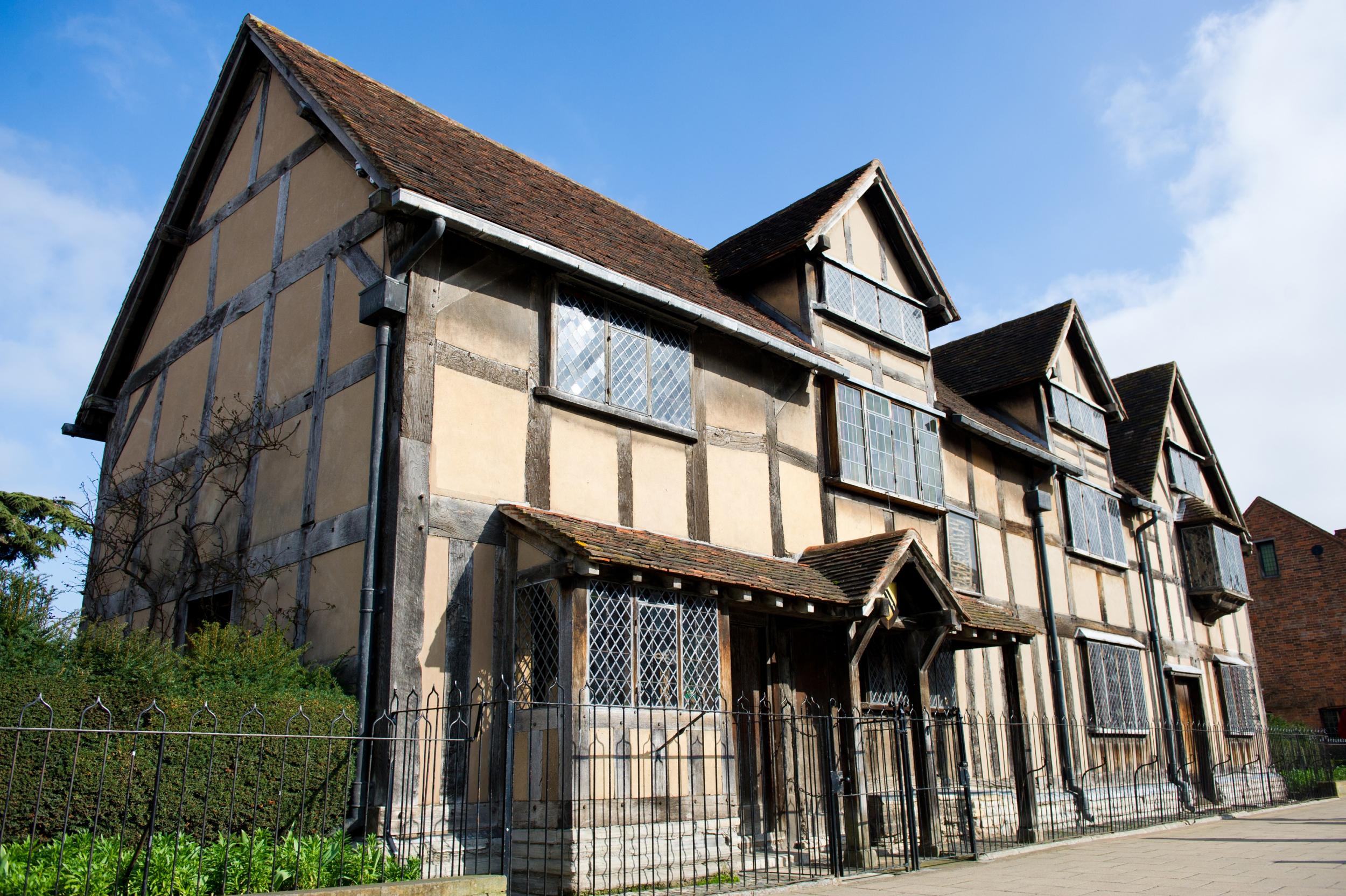Why it is more important than ever to preserve Shakespeare’s legacy
William Shakespeare’s plays have an undeniable universality, and yet the charity founded to safeguard the work is planning to denigrate it, writes Lara Brown. This sort of cultural vandalism is not in the public interest and must be challenged


The Shakespeare Birthplace Trust has decided to announce on its own website that many of the artefacts in its care are “racist, sexist, homophobic or otherwise harmful”.
It is an all-too-familiar story. A charitable trust tasked with preserving our intellectual heritage for future generations embarks on a programme seeking to introduce its work to “communities that are currently less engaged in arts, culture, and heritage”. Instead, the charity ends up denigrating the very work it was founded to safeguard.
The charity, which maintains Shakespeare’s childhood home, has decided to decolonise its collection to “create a more inclusive museum experience”. It has begun a new project to work with researchers “from South Asian diaspora communities in the West Midlands” to re-examine what Shakespeare’s work “can teach us about the impact of colonialism”. The answer, one would assume, is very little. Shakespeare wrote from roughly 1591 to 1613. The British Empire only began in fledgling form towards the last decade of his life, limited to a handful of small colonies and little settlements.

Not content with diminishing the Bard, the charity is now rewriting history. It claims that “the historical materials we hold may represent positions, language, values and stereotypes that are not consistent with the current values and practices of the Shakespeare Birthplace Trust” and it promises it is “currently implementing practices that seek to address offensive or harmful descriptions as part of our cataloguing work”.
This sort of cultural vandalism must be challenged. Since 2020, Policy Exchange has been documenting attempts to alter the presentation of history in the public square. Our unique rolling compendium has identified museums as one of the most active fronts in a new “culture war” which seeks to reinterpret every aspect of British heritage.
Shakespeare’s legacy is not one of racism, sexism, or homophobia. His plays have an undeniable universality. They speak to the fundamentals of the human condition. There is a reason that Shakespeare is studied in schools by over 50 per cent of the world’s population. Is the Shakespeare Birthplace Trust telling a Black student of Caribbean descent that Romeo and Juliet cannot speak to their experiences? Or a young girl of Bangladeshi ethnicity that she can find nothing to appreciate in Henry V?

Trawling through the past with a fine-tooth comb to identify any possible causes of offence is a futile exercise. As Shakespeare himself so presciently notes: “To mourn a mischief that is past and gone / Is the next way to draw new mischief on.”
It seems clear to me that the actions of the Shakespeare Birthplace Trust are not in the public interest. Not only is it responsible for preserving a piece of beloved national history, but Shakespeare is part of the rich heritage that powers the UK’s tourism industry. Visit England promises tourists that Stratford-upon-Avon “is world-famous for its Shakespearean heritage and picture-perfect Tudor looks”. So why is the Shakespeare Birthplace Trust’s own website trying to denigrate the town’s legacy?
The Shakespeare Birthplace Trust is taxpayer-funded, receiving a total of £7.42m between 2020 and 2023 in government grants. Why are heritage organisations which rely on taxpayer money pushing divisive and unhelpful narratives like “decolonisation”? Is it really in the government’s interests to support the deliberate undermining of our cultural exports?
Arts Council England, which provides grant funding to the Shakespeare Birthplace Trust, will launch its next investment programme in April. I believe they should make it clear to all applicants bidding to renew their funding that they will take a dim view of organisations that spent previous money on “decolonisation” or similar activities. They should further attach conditions to future grants to ensure that those receiving money do not take part in activities that seek to denigrate the history they are meant to be safeguarding. Baroness Hodge, who is currently leading a review of Arts Council England, should look at what it is about Arts Council England’s current policies and structures that mean that such initiatives keep occurring.
For, tragically, the actions of the Shakespeare Birthplace Trust are not unique. Many of the custodians of British culture have fallen foul of a similar doctrine. Worthy attempts to “engage new communities” often lead curators astray, alienating their audience in the process. Affordable entry, accessible buildings, and outreach to schools and disadvantaged families is what will engage new communities, not “decolonisation” and “queering” of our heritage.
Five years ago, local councils sought to tear down statues or rename streets. Government guidance in response to Policy Exchange’s “History Matters” paper means this is now far less common. Despite this, the “culture wars” are far from over: they have simply shifted to a new battleground. If the government is serious about standing up for Britain, it must take action to ensure taxpayers’ money is not being used to undermine our heritage.
Lara Brown is a senior research fellow at Policy Exchange specialising in culture and identity
Join our commenting forum
Join thought-provoking conversations, follow other Independent readers and see their replies
Comments
Bookmark popover
Removed from bookmarks